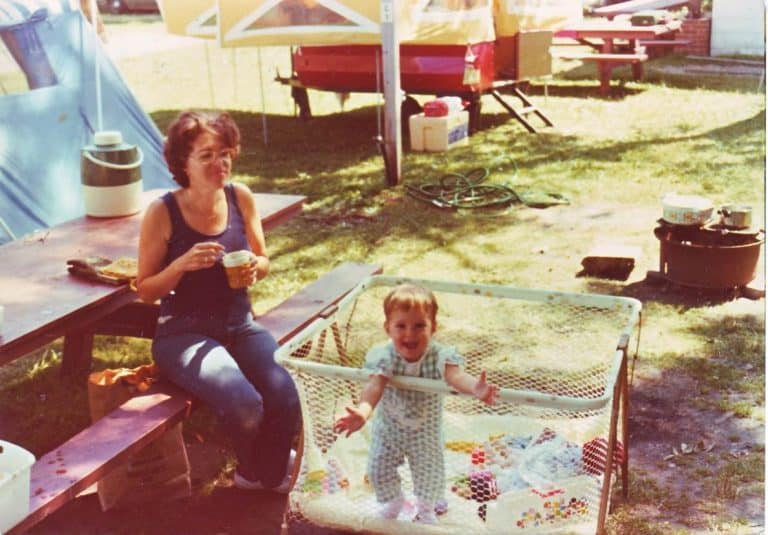How to Help Your Child Love Reading
Reading develops thinking, memory, attentiveness, speech, imagination, literacy, general outlook, gives positive emotions.
But for children, these words mean nothing. So, how do you help them love the process? How to get interested in reading at any age? How do you help your child love reading as much as you do? How do you raise a reader?
1. Value
Sometimes parents are so passionate about the process of buying books that they forget about their adequate quantity. If the child enjoys listening or reading all the acquisitions – great! If not, you should think about where to remove irrelevant literature for a while. Sometimes we begin to devalue what we have too much. Cultivate respect for books.
Remember how as a child we carefully “repaired” them for the library? Don’t let them tear, throw.
2. Availability
Let the child have the opportunity to reach the book on their own. Open horizontal narrow shelves are popular, on which parents put the book in such a way that the baby sees the cover, and not just the root. More often take older children to a bookstore, library, so that they have the opportunity to pick up literature on interests.
3. Convenience and Aesthetics
This rule is of particular importance for children of any age: the book should have a clear font, and the child likes the illustrations. Everything is individual – try, select, pay attention to the reaction and emotions of a small listener or reader. Choose books together!
4. Offer, But Do Not Force It
Everything is good in its season. The violence has not yet led to a positive result. It’s not the quantity that matters, it’s the quality when it comes to interest. It is better for the child to read one book with pleasure than several for a reward or out of fear.
Pay attention to the comprehension of what you have read, ask to retell aloud, read the roles. Make the process fun. If we are talking about schoolchildren, it is not necessary to master the entire school program. Some works can be read in brief or listened to in audio format. Interest often helps to overcome difficulties.
5. Creativity & Interests
Offer not just to read the book, but to draw an illustration, to blind the hero, to come up with another ending. Or try to write a story together “what happened next?” Link the interests of the child with reading. What is important to him now? Some are fond of poems, others – prose, others – scientific literature. What is interesting to your child? What’s bothering him now? Start from his needs.
6. Time
Sometimes we give up too early, or we wait for quick results. Give time to your child and yourself. Act gradually, be consistent.
7. Personal Examples
Perhaps this point should have been the place to start. How often does your child see you with a book? Do you discuss what you read aloud? Read what you’re interested in. Try to ensure that adult books are not only in electronic format. Sometimes parents say: “Yes, I have already read so many books at his age! And he…” No need for comparisons. Everyone is different. You don’t have a competition. Let the reading be a pleasure.
What Definitely Doesn’t Work When Trying To Get a Child To Love Reading?

1. Incentives, gifts, payment. Sometimes parents feel that extrinsic motivation can help. And that’s right. It will work perfectly today, but not for the future. Incentives have a negative side – sometimes their number must be increased. I still suggest focusing on interests. Let a good gift be a special book that a child dreams of.
2. Shame and comparisons. There is an illusion that by comparing a child we help him become better. It’s not that. When parents say: “Look how many books Peter has already read,” it causes only resentment against mom and dad, anger towards Peta. Shame and comparisons lead to stress, and reading begins to be associated with negative emotions.
3. Intimidation. “If you won’t read, you’ll sit at home all summer.” Not only that the child will not read, so also fresh air it is deprived of walks, communication with friends. It is important to understand that fear is not the best comrade. It reduces motivation and suppresses character.
Read for fun.
Do not demand too much from the child, or from yourself.









